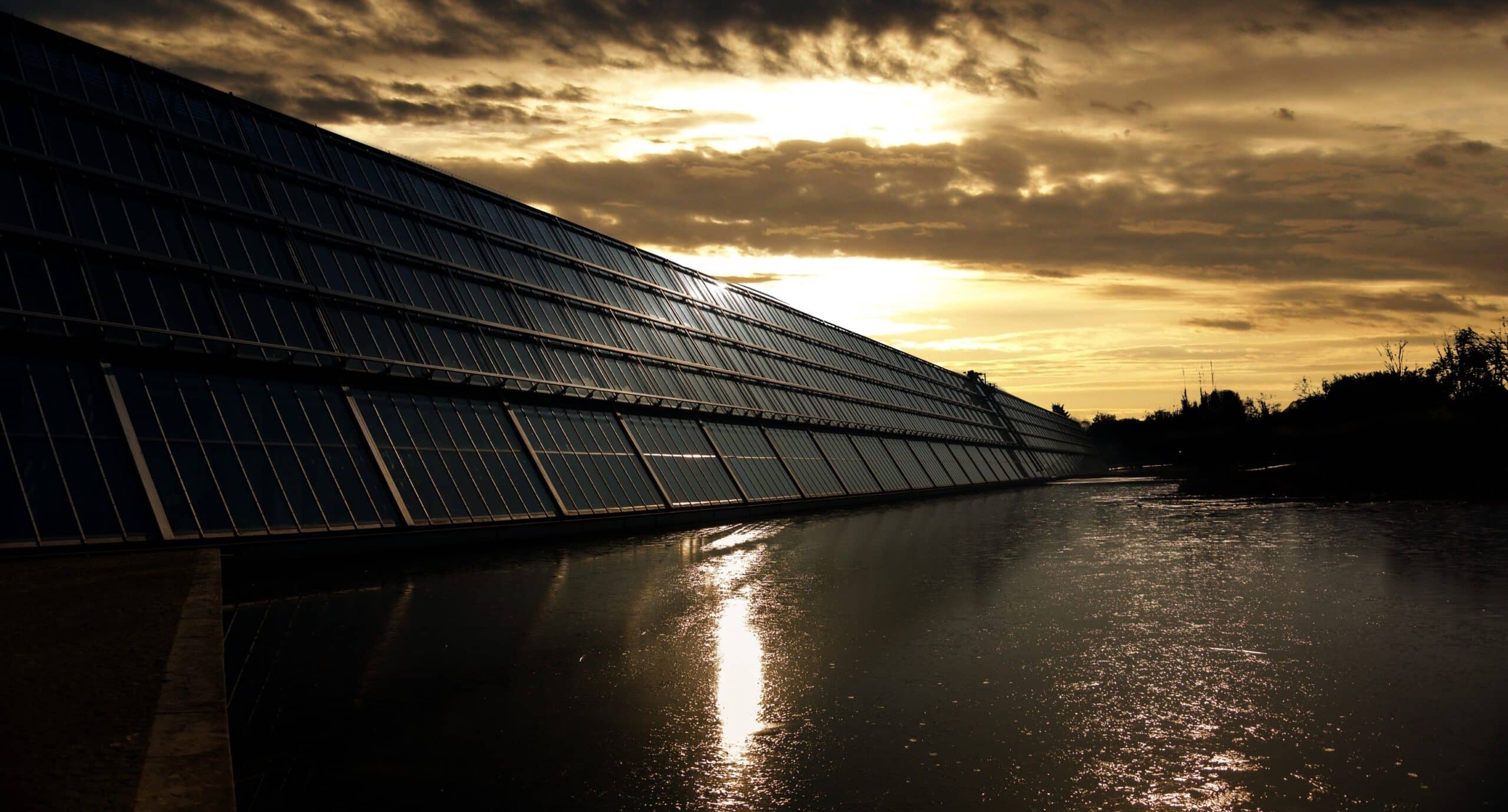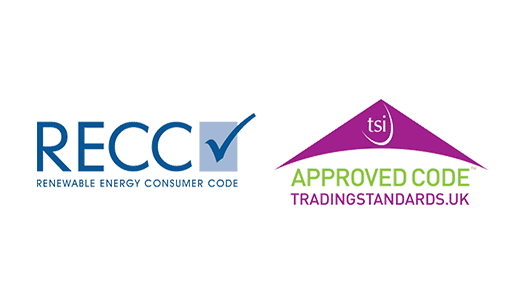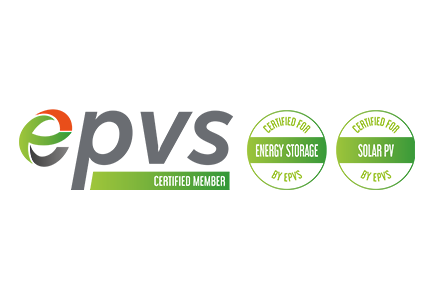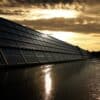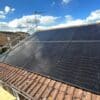As a cost-efficient and environmentally friendly way to power homes, solar energy has become extremely popular. Many homes are considering installing solar panels due to increased energy prices and growing concerns about climate change. However, one common question that arises is, “How many solar panels do I need to power my home” In this post, we’ll look at the value of solar panels for supplying household energy demands and examine the variables that go into choosing the ideal solar panels for your house.
Solar panels use the energy of the sun to produce electricity, offering a sustainable substitute for conventional energy sources. Solar panels considerably lessen your reliance on fossil fuels by transforming sunshine into useful electricity and help create a more sustainable and greener future. In addition to assisting in the fight against climate change, solar panels also provide financial advantages through lower energy costs and potential government rebates or feed-in tariff schemes.
Your normal daily energy usage, the solar panels’ capacity, and the amount of installation space on your roof will all affect how many solar panels you need for your home. You must take into account your energy requirements, examine the output of the solar panels, and evaluate the size, orientation, and shading of the available roof space in order to estimate the precise number of panels.
You can decide how many solar panels are required to power your home effectively by being aware of these essential factors. You may determine the optimal quantity of solar panels based on your unique needs by using the information we provide in the next sections, which go into greater depth about these factors.
Keep in mind that switching to solar energy is not only a wise investment but also a big step towards a sustainable future. Discover how you may successfully harness the power of the sun to satisfy your energy needs as we go deeper into the world of solar panels.

Understanding Solar Panel Capacity
It’s critical to comprehend the meaning of kilowatt-hour (kWh) before calculating the amount of solar panels you require. The quantity of electricity used or generated over the course of an hour is measured in kilowatt-hours, a unit of energy. On your utility bill, it is frequently used to calculate electricity consumption. Understanding kWh will enable you to precisely analyse your energy requirements and calculate the number of solar panels needed to supply that electricity.
Calculating your average daily energy use is essential to figuring out how many solar panels are required. This can be accomplished by examining your electricity bills from a number of months and figuring out the typical daily kWh usage. To get a trustworthy estimate, look for patterns and changes in your energy usage.
You may assess your energy needs in terms of the quantity of electricity you hope to create with solar panels once you have an idea of your usual daily energy consumption. Think about your goals for energy use and if you want to use solar power to offset all or a portion of your current electricity use.
You should be aware that your energy requirements could change throughout the year. Your electricity use may be impacted by variables like seasonal variations, lifestyle modifications, and the introduction of energy-efficient products. To guarantee that your solar panel system serves your energy needs all year long, it is necessary to take these factors into consideration.
You’ll be better able to estimate the amount of solar panels needed to power your home if you comprehend kilowatt-hours, calculate average daily energy usage, and identify your energy needs. The elements that determine solar panel output will be discussed in more detail in the following section, which will also offer tips on how to maximise the effectiveness of your solar panel system.
Evaluating Solar Panel Output
Solar panel wattage and efficiency are key factors in determining their output capacity. The maximum power that a solar panel can generate under typical test settings is indicated by its wattage rating. In general, panels with higher wattages produce more electricity. On the other hand, efficiency describes how well a solar panel transforms sunshine into useful electricity. More electricity can be generated by panels with higher efficiency in a smaller area.
It’s critical to balance power and efficiency when thinking about solar panels for your home based on your unique needs. If you have a small roof, greater-wattage panels might be appropriate, but if maximising energy output is your top objective, higher efficiency panels might be the better option.
You may calculate the output of your solar panel system by dividing the total panel wattage by the number of peak sun hours in your area (The amount of hours in the day when the sun is bright enough to produce the best results from solar panels). It’s important to keep in mind that peak sun hours might alter based on a variety of variables, including geographic location and seasonal fluctuations.
You can use solar resource maps or speak to Creativ to identify the typical peak sun hours in your location. You may estimate the daily energy production capacity of your system by multiplying the total wattage of your solar panels by the typical peak sun hours.
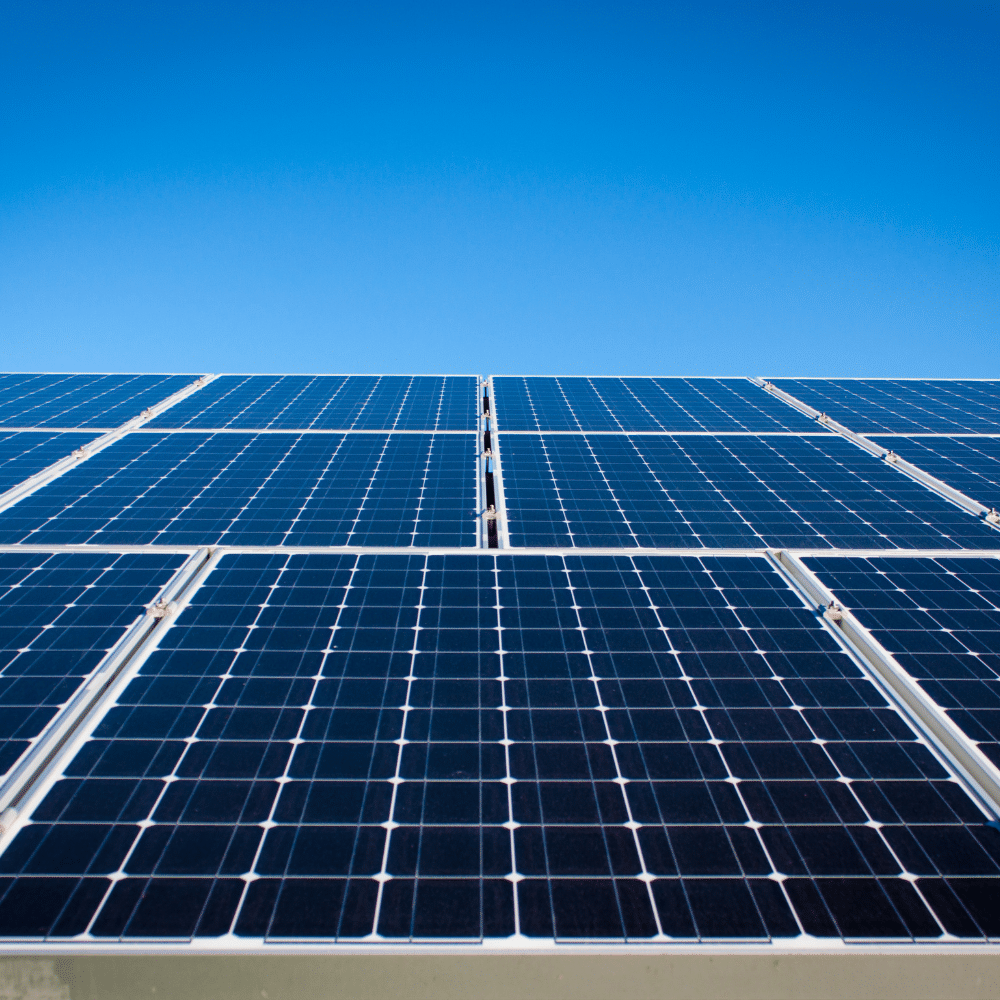
Conclusion
We emphasised the significance of solar panels for residential power. Solar energy systems provide a clean and renewable energy source that helps to cut carbon emissions and dependence on conventional fossil fuels. They give households a chance to take charge of their energy use and contribute to a more environmentally friendly future.
We looked into the meaning of the unit kilowatt-hour (kWh) and how it relates to measuring energy use. Homeowners can evaluate their energy requirements and ascertain the potential advantages of solar panels by estimating their average daily energy use. Understanding energy needs is essential for calculating the precise quantity of solar panels required to satisfy those needs.
If you are looking to get solar panels for your home or if you have any questions about the process, please don’t hesitate to contact us with any queries you may have to learn how creativ can help you revolutionise your energy usage for the future.

